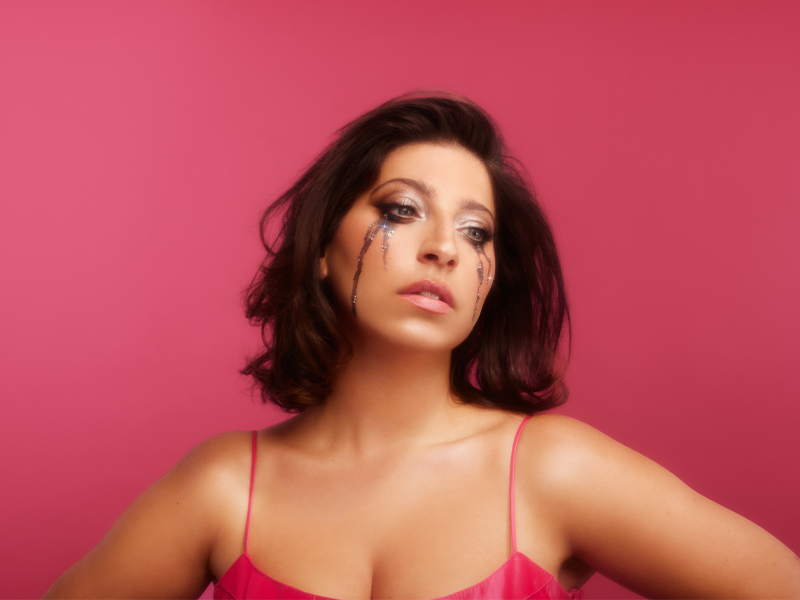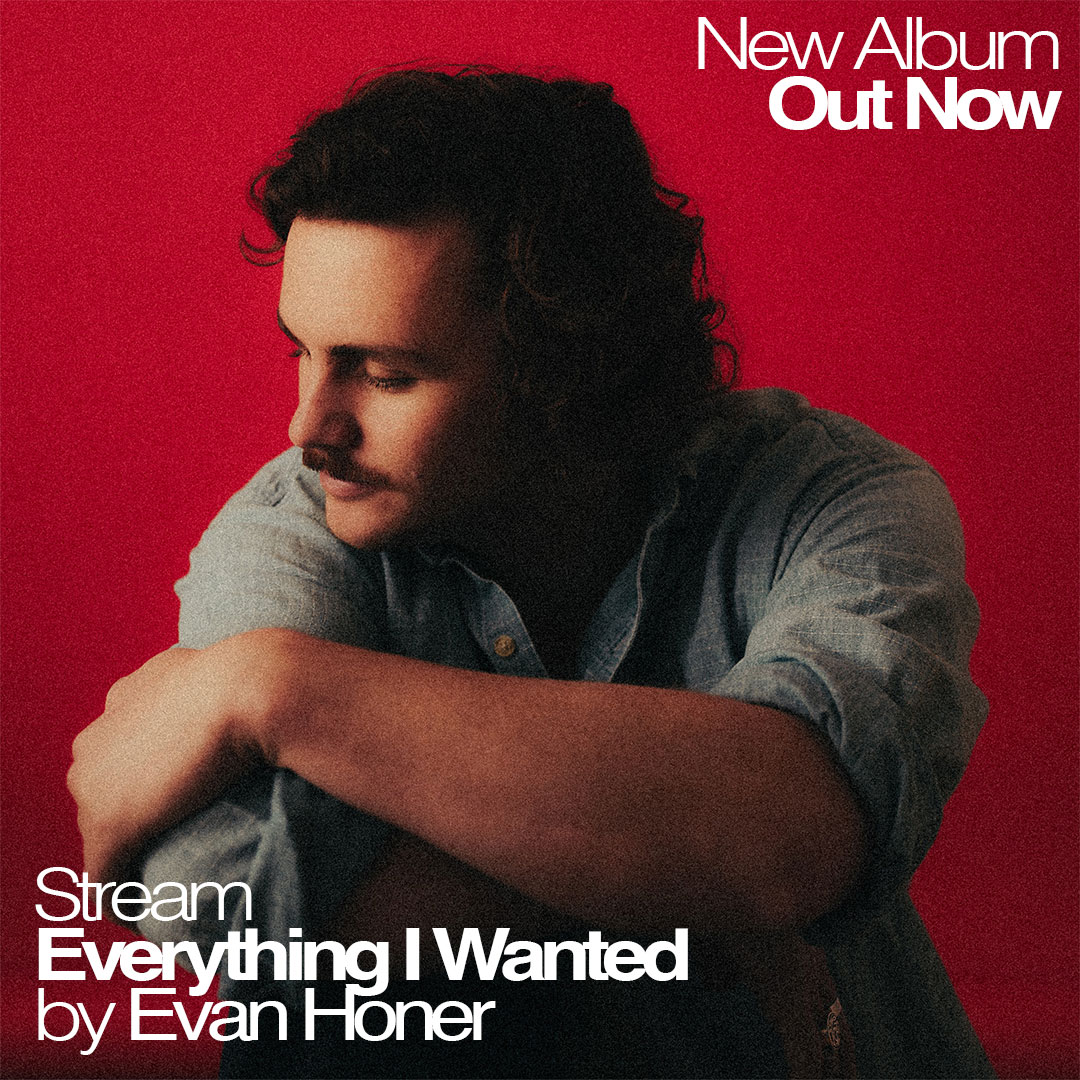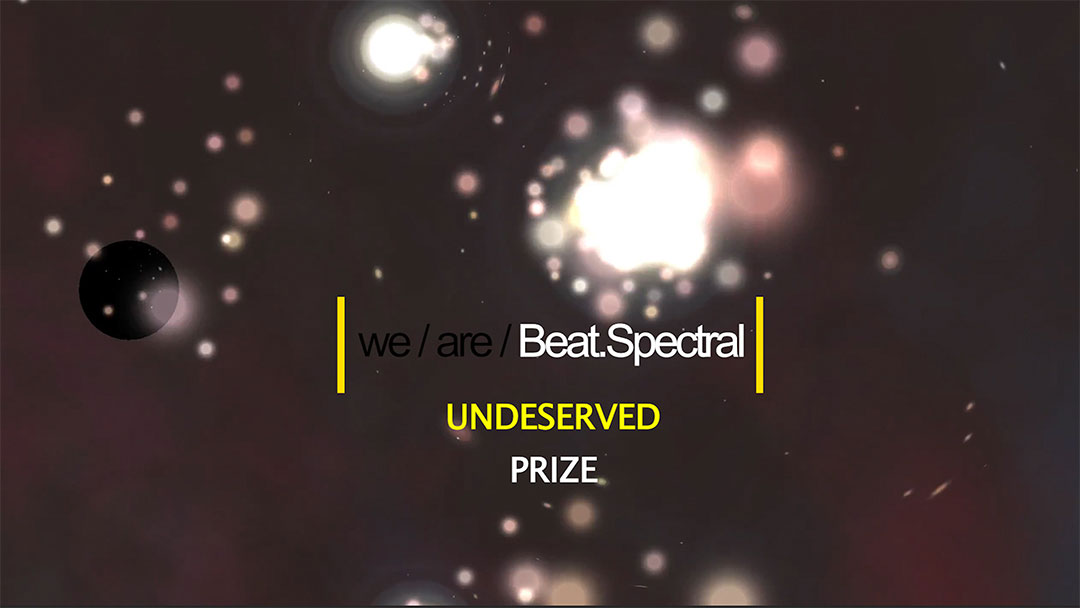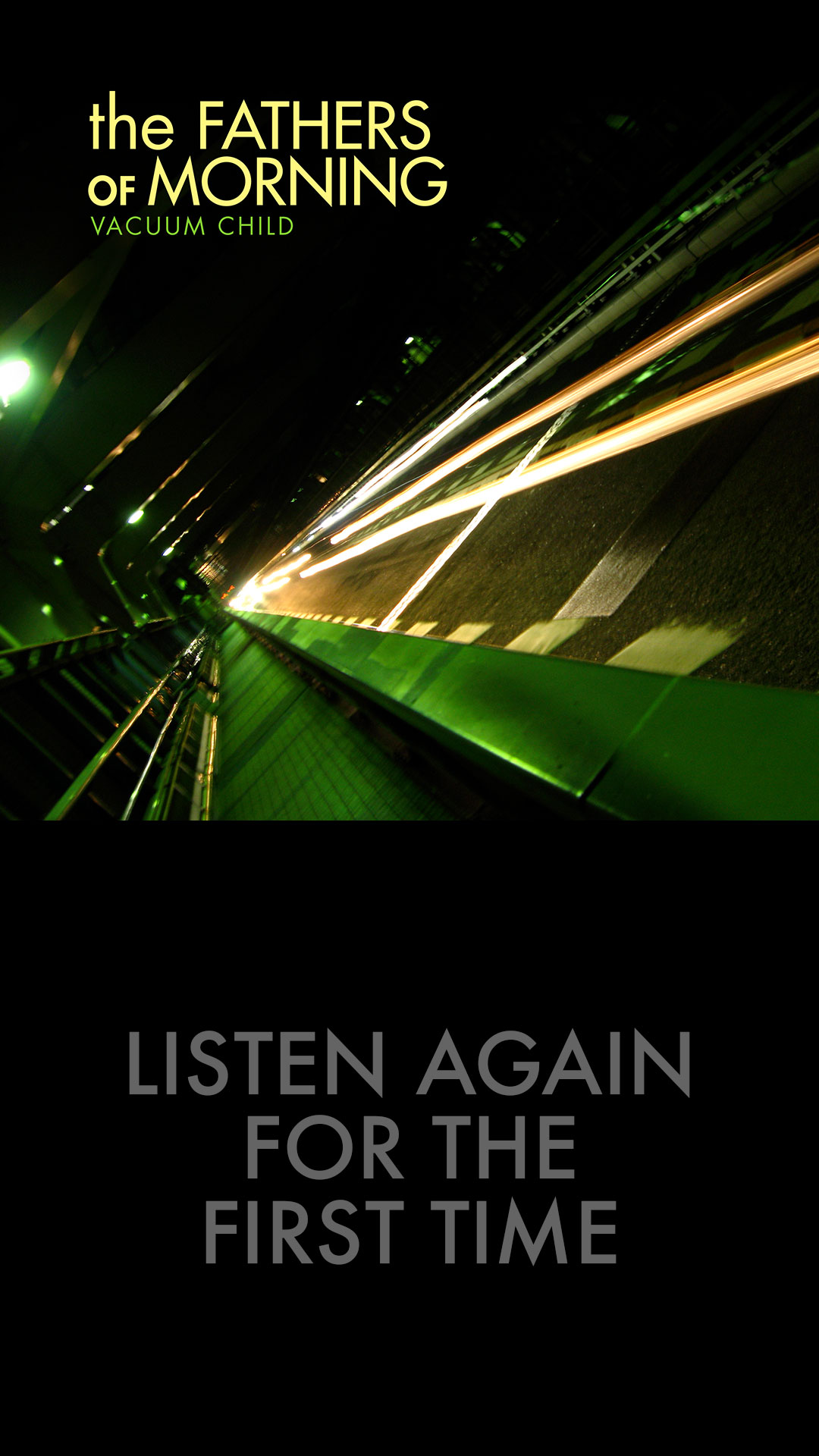
Ariana And The Rose’s Ariana DiLorenzo has made a career out of an immersive, soul-searching brand of reinvention—on various social-media platforms, in New York City nightclubs and at venues throughout the country. A former musical-theater kid who attended NYU’s Tisch School Of The Arts, she kicked off her career on a high note with the post-mod synth pop of 2013’s Love Me, Love Me Not EP, its title track produced by the venerable David Kahne (New Order, Regina Spektor). A slew of singles followed, but it was slow going until the pandemic, when her shit-talking “piano chat” TikTok videos went viral.
DiLorenzo’s latest transformation may be the most effective vehicle for her varied skill set. More song-based and intimate than her more recent forays into dance music, The Breakup Variety Hour (Pookiebird Music) is a working soundtrack for a live show that’s part comedy special, part cabaret, part retro-leaning, big-production pop.
DiLorenzo revealed more about her new direction in a recent chat with MAGNET’s Hobart Rowland.
How did The Breakup Variety Hour come together as an album?
I’d gone through this really bad breakup that challenged my sense of self in a way that I hadn’t quite experienced before. I actually didn’t write or make anything for a while. I was really taking in art, as opposed to focusing on making art. I started watching old Bette Midler shows from the ’70s and ’80s, the Cher show and old Barbra Streisand specials from the ’60s. Something in my mind just clicked, and I said, ‘I wanna do that.’ Once I decided I wanted it to be a one-woman show, I sat down and wrote the album with the arc of a theatrical story in mind. Making a live show and an album together was definitely a very different process—way harder in some ways, but also so fun. It stretched me as a performer. In a lot of ways, it felt like coming home to myself—as somebody who grew up doing theater in New York.
In what ways did you want the new album to be an evolution from 2022’s Lonely Hearts Club?
Lonely Hearts Club was really about celebrating the community of club culture—and more specifically, the queer community and how those spaces are so important for people. This record is much more introspective. I wrote it hoping that ultimately people would think about themselves, their own lives and their own heartbreaks and how they’ve gotten through it. With Lonely Hearts Club, I wanted it to be about making a soundtrack for groups of people on the dance floor and creating community. This album is definitely about community, but it’s also about giving people a space and a soundtrack for their own heartbreak and healing experiences. I think it captures my evolution as a person, touching on influences I’ve always had but haven’t necessarily highlighted in my past music, which was more electronic. This one is more organic instrumentation, theatrical orchestration and songwriting.
Who did you model your “host” after in the live version of the variety hour?
Literally the voice of one of my closest friends, Augustine Hargrave. It’s modeled after old-school variety hours where there were these over-the-top introductions. The intros to The Dating Game and old dating shows. I really wanted it to feel like you can imagine this as a show or a TV special.
How have you been able to dabble in so many different mediums while still keeping your message on point?
I try my best to be honest and not worry about the amount of eyeballs on it or how people are going to perceive me. I find that when I’ve focused on that, those are the most “successful” things that I’ve done. Every medium has its own language. I try to take in the context and how I like to receive experiences in those spaces as an audience member. Then I adjust whatever I’m doing as a performer to whatever that calls for.
Social media has become such a potent vehicle for boosting careers. How did it happen in your case?
I’m an independent artist, so I really had no other choice but to dive into social media and throw a bunch of paint at the wall and see what stuck. I started creating these piano chats, like the section of a show where you’re vamping over music before getting into the actual song. And these videos raised their heads pretty quickly as things that people felt engaged with. I was able to build from there. But the algorithm continues to change, and even things that worked a year ago don’t work anymore. That hamster wheel can be hard. I think it’s important to protect your artistic spirit while also balancing how to translate your artistry into content.
See Ariana And the Rose live.













